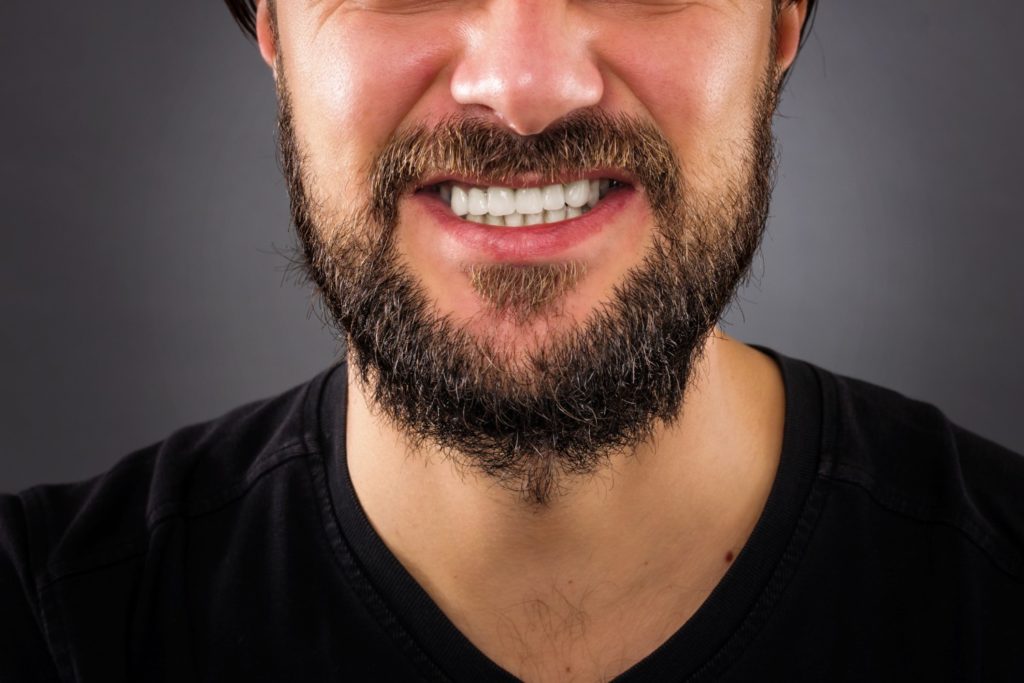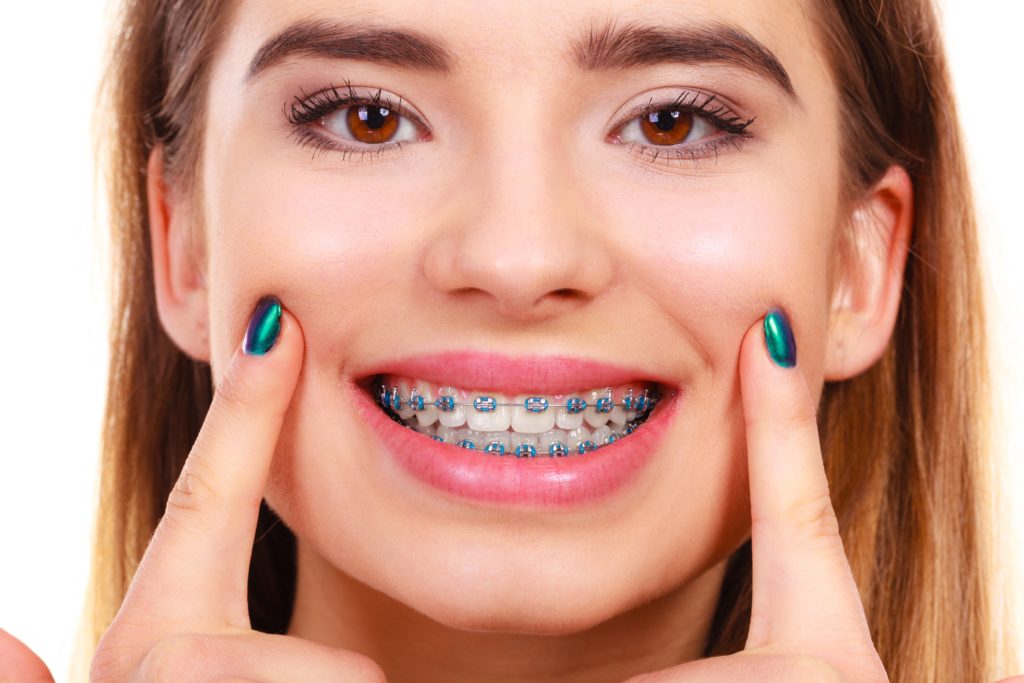If you have a child that grinds their teeth, it’s probably cost you at least a few hours of sleep over the years. As annoying as it can be, all that crunching and squeaking is actually part of a pretty common habit, especially in kids younger than 11 or so. However, even though teeth grinding, or bruxism, is on the normal spectrum of behavior for children, it can lead to oral issues if left untreated. Persistent grinding and clenching may cause the teeth to loosen or even break, and it can contribute to misalignment as well.
If your child is currently in braces, or has recently completedorthodontic treatment, any signs of bruxism should be addressed and corrected before it has the chance to undo any of their hard work! Here at Dillehay Orthodontics, we want to help your child have a healthy, aligned, and fully functional smile. Let’s explore a little more about the problems teeth grinding can cause, and how we can help resolve them!
What is bruxism? What causes it?
Bruxism is the technical term for teeth grinding, and it describes excessive grinding, clenching, or rubbing of the teeth. These involuntary actions fall outside of normal chewing, swallowing, or speaking movements, and can happen during the day (diurnal) or at night (nocturnal.) It’s thought that around 3 out of every 10 children experience some level of teeth grinding, but this number could be much higher in reality, since bruxism goes unnoticed by many parents.
Currently, we don’t know exactly what causes bruxism to develop, but there are often both physical and psychological causes linked to it, including:
Sleep issues: This is one of the most common issues associated with teeth grinding. Snoring, sleep talking, and even disorders like sleep apnea can play a role in childhood bruxism.
Stress and anxiety: The American Dental Association has stated that stress and anxiety are two big contributors to teeth grinding at night. If your child is naturally anxious, or deals with external stressors regularly, it can be helpful to work with them on stress relief methods. Listening to calming music, taking a long walk, or relaxing in a warm bath before bed can reduce the effects of bruxism, and may even be able to eliminate it altogether.
Malocclusions: Teeth grinding is very common in children dealing with bite and alignment issues in the upper or lower jaw. Correcting these malocclusions with orthodontic treatment can help! This is one of the reasons the American Association of Orthodontists recommends a child have their first orthodontic evaluation by the time they’re seven years old. Having an experienced orthodontist like Dr. Dillehay or Dr. J.K. examine your child around this time means that potential issues can be caught before they have the chance to become more serious.
Medications and medical conditions: There are certain medications and medical conditions for which bruxism can be a side-effect, particularly neurological conditions.
Genetics: Teeth grinding can be inherited, so if you or someone in your family have suffered from bruxism in the past, your child may be more likely to develop it as well.

Possible side effects of teeth grinding
Research has shown that most children eventually outgrow grinding their teeth. However, it can still cause some difficulties for them while it continues.
Damaged tooth enamel: If bruxism is ignored or untreated over a long period of time, the grinding action can wear down the enamel of your child’s teeth. This may eventually lead to the exposure of the much softer dentine, causing a whole new set of problems.
Interrupted sleep: Many people aren’t aware that bruxism is classified as a sleep disorder, but it certainly makes sense once you know! A child who grinds their teeth will often have their most restful sleep disrupted, and waking up multiple times at night can be hard on the body, brain, and emotions, too.
Behavioral issues: This goes hand in hand with sleep issues, since a lack of deep sleep in children can lead to an array of behavioral problems. In fact, clinical studies have demonstrated a possible link between bruxism and anxiety, stress, and depression in those who suffer from it.
Jaw pain, headaches, and other body aches: Children who have experienced prolonged teeth grinding may suffer headaches, ear aches, jaw pain, and even damaged teeth as a result. These can take a toll on their overall quality of life if left untreated.
Is there any way to prevent or treat bruxism?
If you have a child who is consistently grinding their teeth, your first step should be to contact one of our offices. Our doctors will be able to conduct a thorough examination of your child’s teeth in order to determine any damage caused by it. If no damage is present, further treatment is unlikely to be recommended, understanding that most children do outgrow bruxism naturally.
If our team detects any noticeable problems related to teeth grinding, we’ll be able to provide you with several options for helping to reduce the amount of grinding. This usually involves treating any obvious underlying causes and being proactive with certain forms of treatment, such as prescribing a special night guard made specifically for your child’s teeth. This will be helpful in treating any damage already present as well as preventing any further damage.

Dillehay Orthodonticskeep your child’s smile looking and feeling great
Is your child struggling to get a good night’s sleep due to bruxism? Areyou? Dillehay Orthodontics can help you rest better and smile brighter! We’ve been providing top-quality orthodontic care for Wichita and the surrounding communities for over a half century, and we’re able to give our patients a rewarding orthodontic experience from the first appointment to the last. With three offices and two satellite offices, we’re never too far from where you are, and we’ll be happy to help you protect your child’s smile from the effects of teeth grinding.
